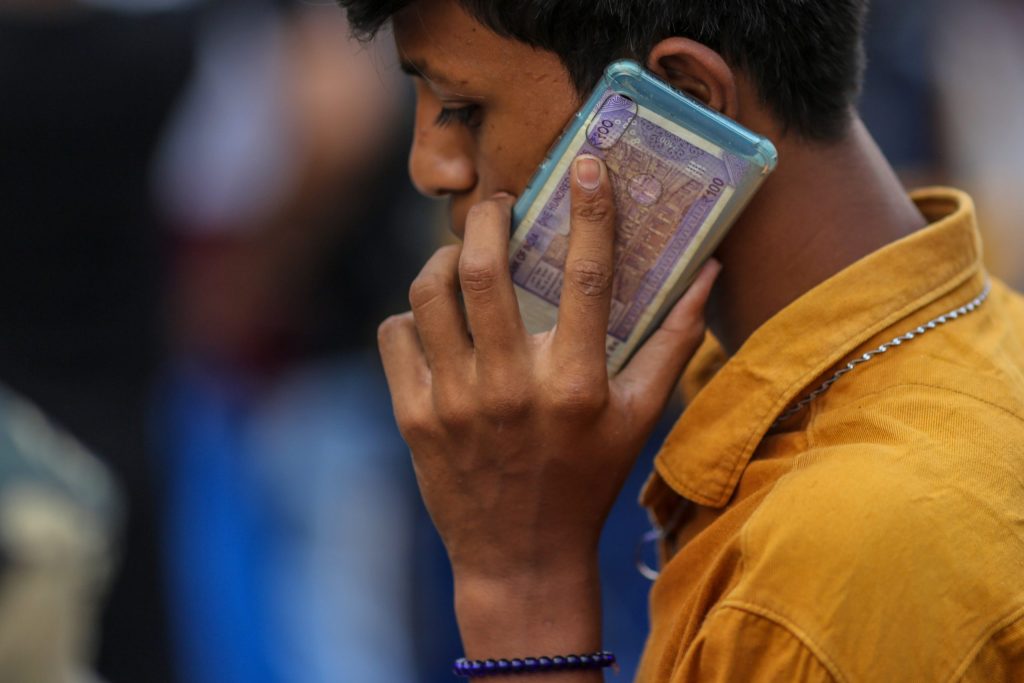The practise of persuading individuals to take instant loans using mobile applications and then extorting money from them gained traction during the Covid-19 outbreak, according to officers of the Chandigarh Cyber Cell.

The arrest of a Chinese national, Wan Chenghua (32), along with 20 others by the Chandigarh Police on Monday (September 12), for allegedly blackmailing and extorting money from people via rapid lending mobile applications has generated various issues.
These smartphone applications provide small amounts in rapid loans at exorbitant interest rates ranging from 15% to 20%. These applications do not adhere to the stringent standards followed by banks prior to loan approval, such as client verification.
A person who instals the application and want to obtain a loan must complete an online form. To obtain the loan, the mobile user must grant the application access to the phone’s contacts, images, videos, and other digital stuff. Many mobile applications calculate the loan amount after subtracting the interest from the principal. Some applications will even recoup interest on a daily or weekly basis.
“As much as 90% of these mobile applications are illegal,” said Gurcharan Singh, cyber faculty head at the Central Detective Training School (CDTS) in Chandigarh. The Reserve Bank of India has no say in the matter. These programmes are used to extort money. Borrowers’ digital content is accessed by app handlers through call centres. When borrowers fail to repay the money due to the high interest rate, the handlers distort their photographs and distribute these morphed images to all of the person’s phone contacts, thus defaming him.”
While these apps are frequently set up by Chinese firms, the callers used to ensnare borrowers are frequently Indians, according to him.
According to officers of the Chandigarh Cyber Cell, the habit of providing fast loans and extorting money began during the pandemic and has persisted since. More than 150 complaints of extortion and blackmailing via instant loan mobile apps have been filed in Chandigarh alone.
In February of this year, two Chinese nationals and 115 Nepalese nationals were detained in Nepal for their roles in an internet fraud lending operation targeting Indians.
Wan Chenguha arrived in India on a work visa in 2019. He has been residing in several locations in Delhi and Noida despite the fact that his work visa expires in 2021, according to Ketan Bansal, Superintendent of Police, Chandigarh Cyber Cell. According to authorities, those arrested with him included Parvaj Alam alias ‘Jeetu Bhadana’ of Jharkhand, who was operating at least five fast money-lending applications.
